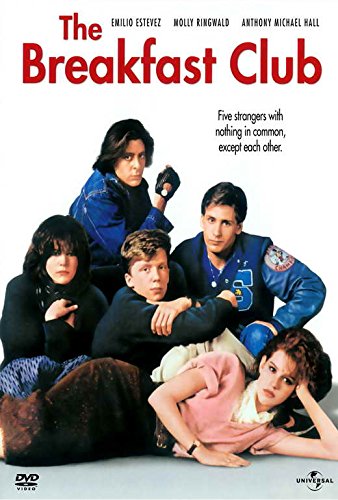
by Jacob Gurvis
With the playoffs in full swing and the regular season over, an era has come to an end in Major League Baseball. Although it isn’t obvious exactly what this “era” is to most sports fans or even baseball fans, when 2014 comes to an official end, so too will the 22 years Allan “Bud” Selig has been the commissioner of baseball. And what a 22 years it has been.
Selig took over as acting commissioner in 1992 when previous commissioner Fay Vincent resigned after being essentially forced out by owners. Midway through the 1998 season, Selig was named the official commissioner, and has held the position ever since.
While Selig is one of the lesser-known commissioners in sports (how could he compete with the Roger Goodell mess?), he is by far one of the best and most successful. Here is a summary of his greatest accomplishments as commissioner throughout the past couple decades:
In 1994, Selig realigned the teams into three divisions in each league, and added a wild card in each league. In 1997, interleague play was introduced and in 2013 was expanded to be throughout the entire season. In 2003, Selig instituted home field advantage in the World Series based on the winner of the All Star game, adding value to the Midsummer Classic. In 2005, amid much controversy and criticism, Selig introduced a new drug policy, making the rules for illegal drugs in baseball much stricter. A year later, Selig created the World Baseball Classic, a worldwide baseball competition that takes place every three years. In 2008, instant replay on home runs was introduced in the league, and in 2014 was expanded to most types of plays and included manager challenges. In 2013, with the transfer of the Houston Astros to the American League, baseball finally had even leagues, with 15 teams in each league.
In addition to these actions, Selig oversaw the addition of two teams, the Arizona Diamondbacks and the Tampa Bay Devil Rays (now the Rays) in 1998, the transfer of the Milwaukee Brewers to the National League and the Astros to the American League, the move of the Montreal Expos to Washington, D.C., and the building of 20 new stadiums. It’s been a busy 22 years.
Another characteristic of baseball that has developed throughout Selig’s tenure has been parity. In addition to the equal leagues and divisions, the game itself has been relatively even. Since 1984, 19 different teams have won the World Series. That’s impressive. Especially considering only eight NBA teams have won in that span.
While we’re on the topic of baseball’s superiority, it is also important to note baseball’s collective bargaining agreement that was signed amid controversy throughout sports. While the other leagues were having their lockouts, Selig quietly agreed to a five-year collective bargaining agreement, ensuring more lockout-free years.
Before 2014, Selig almost retired twice. In December 2006, he announced that he would retire after his contract ended in 2009. Then in January 2008, Selig agreed to a three-year extension, saying he would retire after 2012. He then signed another extension, and is now retiring after the 2014 season. Think someone was having second thoughts about retirement? At least he didn’t pull a Brett Favre.
Selig will be succeeded by Rob Manfred, the current Chief Operating Officer of the MLB, who won the job by beating out Red Sox Chairman Tom Werner this past summer. Manfred, an alum of Cornell and Harvard Law School, seems well prepared for the job. He spent 16 years in the office of MLB, and was widely supported by many owners.
“There is no doubt in my mind he has the training, the temperament, the experience to be a very successful commissioner, and I have justifiably very high expectations,” Selig said in an interview with ESPN in August, following the announcement of Manfred’s win in the election.
So at the conclusion of this year’s postseason, the 22-year tenure of Selig will conclude, ending decades of stability, honor, and accomplishments in the office of the Commissioner of Major League Baseball. Selig deserves every bit of respect and recognition for his work to better the game and ensure that the dignity and morals of baseball be preserved while making necessary changes. Thank you, Mr. Selig. You have done great things for the game of baseball.
“I feel that Commissioner Selig is probably the best commissioner in the history of baseball,” said Werner in a Boston Globe article last month. I couldn’t agree more.
MLB Commissioner Bud Selig retiring after 22 years on the job
October 14, 2014
0
Donate to The Newtonite
More to Discover















































